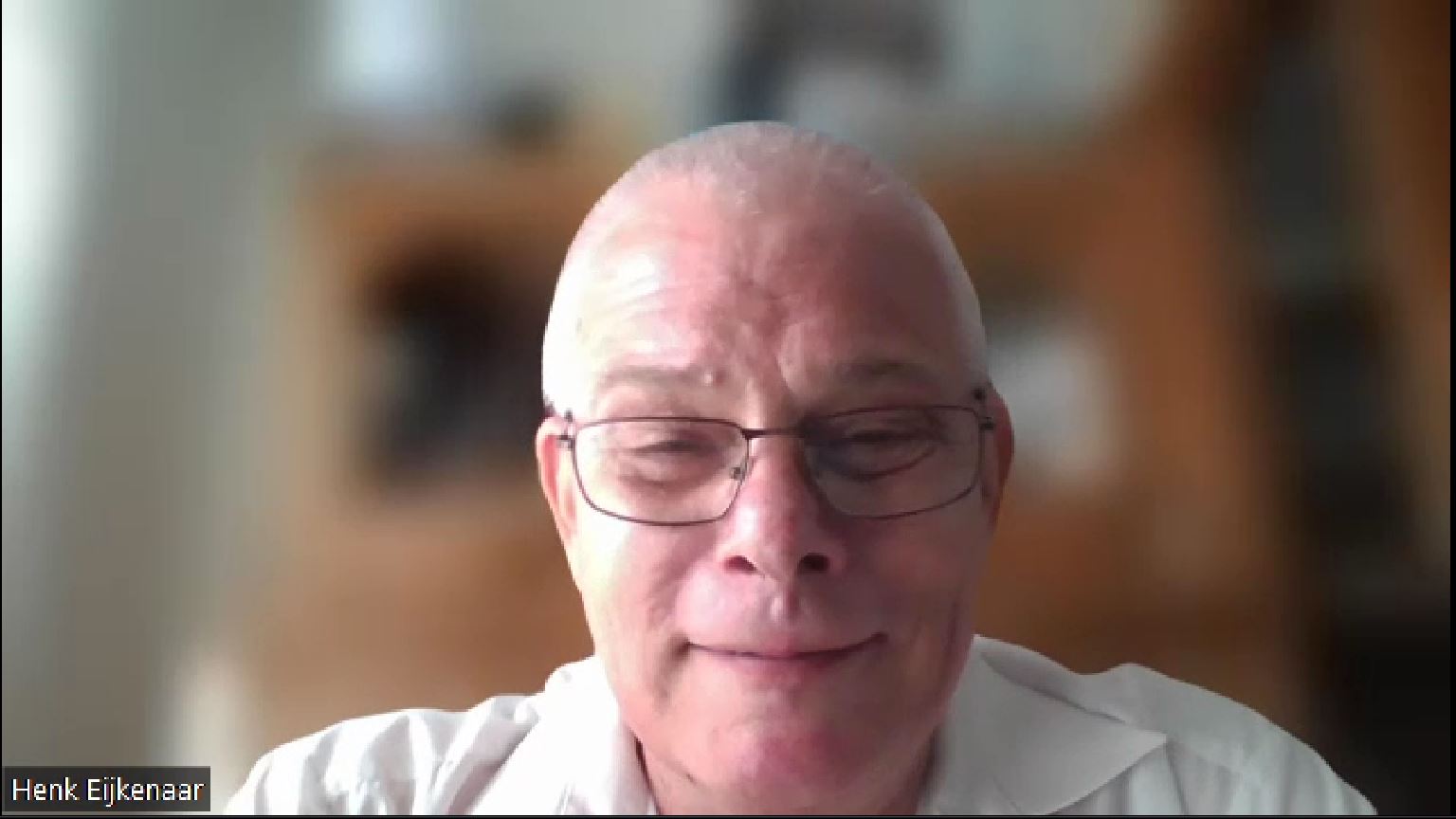- Topics
- Campaigning
- Careers
- Colleges
- Community
- Education and training
- Environment
- Equality
- Federation
- General secretary message
- Government
- Health and safety
- History
- Industrial
- International
- Law
- Members at work
- Nautilus news
- Nautilus partnerships
- Netherlands
- Open days
- Opinion
- Organising
- Podcasts from Nautilus
- Sponsored content
- Switzerland
- Technology
- Ukraine
- United Kingdom
- Welfare

Ships captains, responsible for the safety of crew and cargo, face daily challenges navigating increasingly congested sea lanes in the North Sea. However, one invisible hazard has for too long evaded the radar – the proliferation of unqualified individuals masquerading as deep sea pilots.
Speaking to one licensed pilot with over four years' experience, it is clear this threat is more than theoretical.
Captain Henk Eijkenaar, a pilot and an ambassador for the confidential safety at sea reporting service CHIRP, estimates 'fake' pilots have plagued Northern European waters for decades due to a lack of proper vetting and qualifications verification.
While the International Maritime Organization (IMO) provides a regulatory framework, flag states are failing to enforce minimum training standards for those assuming pilotage duties.
Some nations no longer maintain education programmes, leaving the door open for improvised solutions that compromise safety, Capt. Eijkenaar notes. Without six months of specialised instruction covering local conditions, regulations and emergency procedures, fake pilots simply lack the competencies expected of their role.
Placing navigation in unqualified hands puts lives at risk from a single error in tightly coordinated shipping lanes. Many crew currently do little, if anything, to validate a pilot's credentials upon boarding, as Capt Eijkenaar's experience highlights – his credentials have never been requested on embarkation of a vessel in the four years he has been working as a pilot. This allows fake pilots posing as 'nautical advisors' to operate unchecked.
Due to assumptions around state oversight, fake pilots have had free rein to operate for years without detection. This is unacceptable for those entrusting a vessel and crew into another's care. While individual reporting helps, a systemic solution is needed.
Through the European Maritime Pilots Association (EMPA), licenced pilots are lobbying national authorities and the IMO to acknowledge this growing crisis and strengthen oversight mechanisms. Key asks include verifying pilot qualifications as part of port state control inspections, and holding licensing bodies properly accountable.
They are also encouraging masters to refuse services from unverified individuals and report any fakes encountered. Masters must also be empowered to refuse pilotage from unverified individuals without professional repercussions, Capt Eijkenaar says.
But political will has been lacking – and Capt Eijkenaar worries that a serious accident could occur before we see the regulatory changes that are so urgently required.
Lives are in the balance and the clock is ticking on this preventable threat.
DOWNLOAD The European Maritime Pilots Association (EMPA) recommendations on deep sea pilotage.
Tags
